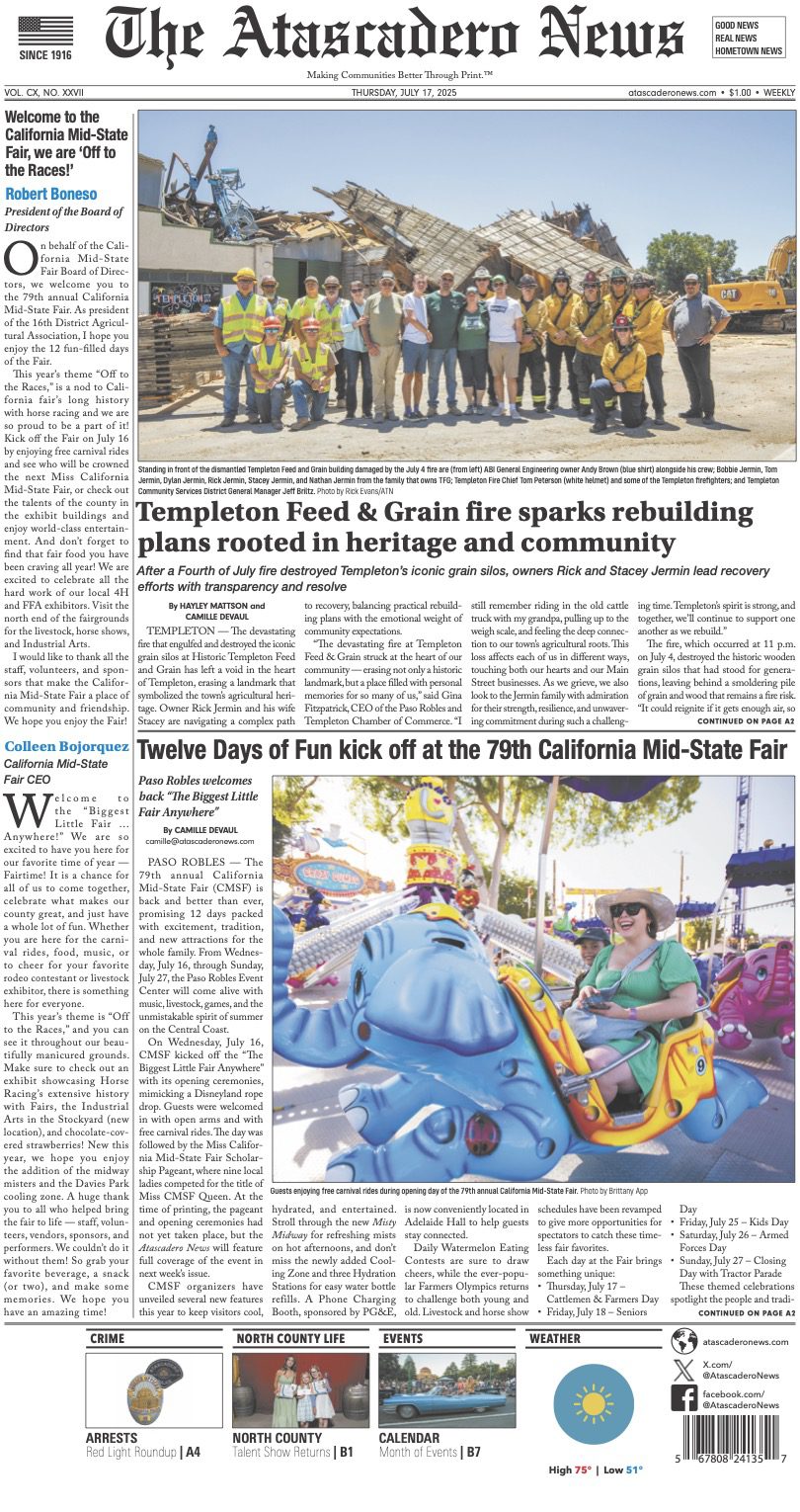
Moses was called by God to go to Egypt with his brother Aaron to deliver the nation of Israel from slavery, and he obeyed God. He said goodbye to his father-in-law, Jethro, and left his wife and family in Midian. They met with the leaders of the nation and told them about God’s plan to deliver them from slavery. The elders worshipped God and rejoiced about the encouraging predictions of Moses.
However, initially, things didn’t turn out for Moses as he had imagined they should have as God’s servant and messenger. He had no idea of Pharaoh’s response to what he was going to do after being told that the Lord demanded that Pharoah release the Israelites from slavery. Moses was in actuality declaring WAR against Pharaoh, and his response was drastic (Exodus 5:1-19).
Pharaoh expressed his defiance against Moses’ demands and told Moses that he didn’t know who the Lord was and therefore had no justifiable reason to free the Israelites from slavery. Pharaoh then made a devastating declaration that would cause the Israelites to experience great hardship and suffering (Exodus 5:6-19). He told his Egyptian taskmaster that no more straw was to be given to the Israelites to make bricks. The Israelites would have to gather their own straw, and the same quota of bricks would be required each day. This resulted in a great amount of suffering and hardship.
Moses was experiencing rejection from Pharaoh and also received severe criticism and rejection from his brethren who were slaves. Moses was accused of causing Pharaoh to hate and severely abuse his fellow Israelites even to the point of killing them (Exodus 5:20-23).
This intense suffering caused the people to accuse Moses of making life WORSE for them. Moses was at fault for causing their suffering to go from bad to worse. Of course, this caused Moses to experience discouragement and disappointment. Moses’ response was to go to the Lord and, in anguish, complain to the Lord. In his frustration, he said some foolish things. He accused God of causing HIS people to suffer and suggested to God that His plan for delivering His people was not working. Moses had forgotten that the Lord had previously told him that Pharaoh wouldn’t initially listen to Moses and let Israel leave Egypt (Exodus 4:21-23).
Moses wasn’t prepared to be rejected and criticized by both Pharoah and his own people. Moses still had to learn a very important truth about God. He has perfect timing and way of carrying out His purposes and plans. Moses would learn about this truth as he would see God miraculously carry out His Divine will in the days ahead.
Lessons to be Learned
- Unsaved people like Pharaoh blaspheme God and reject obeying God’s will. We shouldn’t be surprised about this.
- God does allow both his servants and people to experience severe trials (1 Peter 1:3-7, James 1:2-5). Trials cause us to seek God’s help and depend upon His ability to deliver us.
- In our weakness, we have a tendency to respond to God’s trials with discouragement and foolish statements. This can be avoided thru God’s enablement (1 Thessalonians 5:18).












